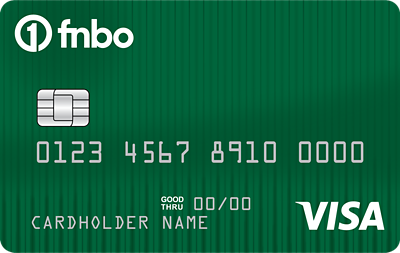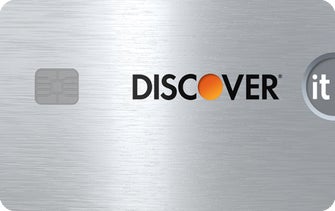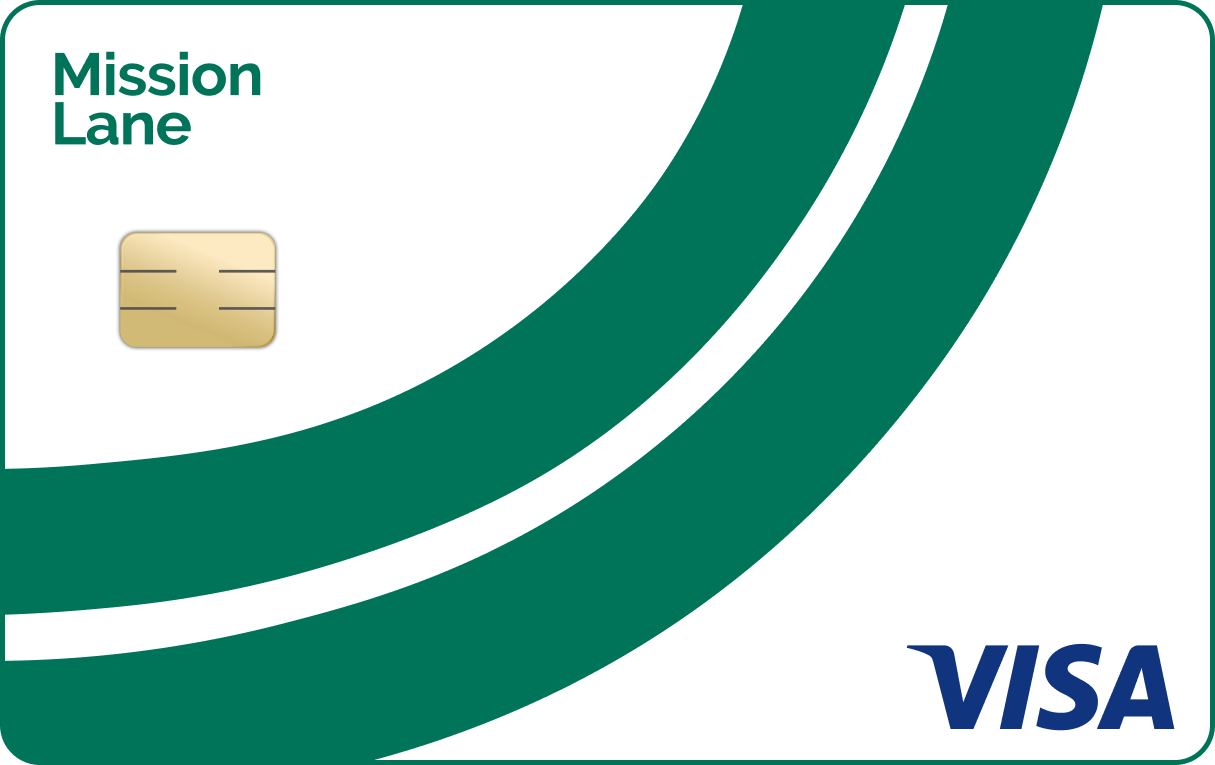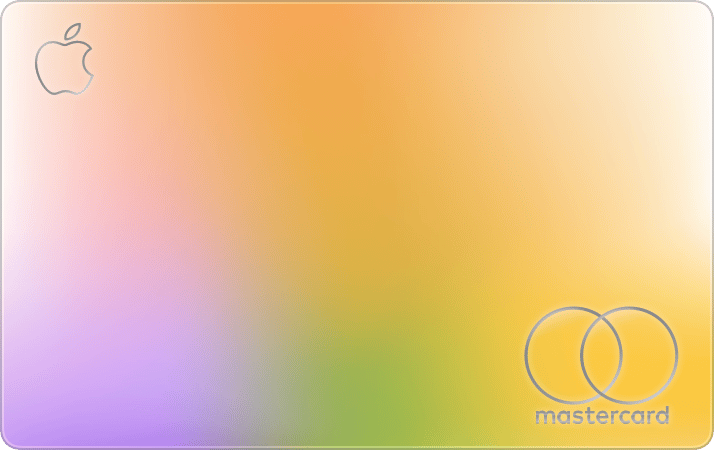- myFICO® Forums
- Types of Credit
- Credit Card Applications
- Re: Will chase decline my app?
- Subscribe to RSS Feed
- Mark Topic as New
- Mark Topic as Read
- Float this Topic for Current User
- Bookmark
- Subscribe
- Mute
- Printer Friendly Page
Will chase decline my app?
Is your credit card giving you the perks you want?
Browse credit cards from a variety of issuers to see if there's a better card for you.
- Mark as New
- Bookmark
- Subscribe
- Mute
- Subscribe to RSS Feed
- Permalink
- Report Inappropriate Content
Will chase decline my app?
- Mark as New
- Bookmark
- Subscribe
- Mute
- Subscribe to RSS Feed
- Permalink
- Report Inappropriate Content
Re: Will chase decline my app?
@Creditplz wrote:
So 5-6 or so years ago while in college I left a checking account at -600? I never paid this. I got a letter 4 years ago saying it was CO. Never a collection or anything but even now when I go to get a checking there they said they will always tell me no. I've offered to pay and they say no.. So my question is, will this affect them just declining my app? I'm not sure if I'm blacklisted but their products (even their checking accounts) are good!!! And I would like to add one to my back pocket.. Anyone??
If it is showing as collection on 3 CB then dispute it and given they didn't want your money, you can have it removed!
checking account issue is more effected on chexsys file then credit report!
I'll say try to resolve this 1st before going for any new CCs
- Mark as New
- Bookmark
- Subscribe
- Mute
- Subscribe to RSS Feed
- Permalink
- Report Inappropriate Content
Re: Will chase decline my app?
- Mark as New
- Bookmark
- Subscribe
- Mute
- Subscribe to RSS Feed
- Permalink
- Report Inappropriate Content
Re: Will chase decline my app?
- Mark as New
- Bookmark
- Subscribe
- Mute
- Subscribe to RSS Feed
- Permalink
- Report Inappropriate Content
Re: Will chase decline my app?
- Mark as New
- Bookmark
- Subscribe
- Mute
- Subscribe to RSS Feed
- Permalink
- Report Inappropriate Content
Re: Will chase decline my app?
- Mark as New
- Bookmark
- Subscribe
- Mute
- Subscribe to RSS Feed
- Permalink
- Report Inappropriate Content
Re: Will chase decline my app?
@Creditplz wrote:
Just called Chase recovery (877-287-7303) paid it in full. $635. Guy recommended I wait 30 days before applying for any Chase products.
This is very interesting and here's why: ![]()
A CO is classified as a charge off and can not be collected just like when a BK is discharged
The company has taken a tax write-off thus declared it as a bad debt
1) you shouldn't have paid cause by law they can't take a write-off (tax exemption) and then collect from you (double dip)
2) What the person on the phone told you about waiting to apply means absolutely nothing
3) the reason you were denied a checking/savings account is because it is showing up in chex-systems or one of the other banking systems
4) chase lending and banking are 2 different divisions and one can not preside over an approval of the other
Not sure what your course of action is now that you've paid your money because you could have at least ask that it be considered a PFD on all credit/banking systems
Interesting indeed (head scratch)
Have you done your research of the CC?
Does it fit your spending?
Do you have a plan for the bonus w/o going into debt?
Can you afford the AF?
Do you know the cards benefits? Is it worth the HP?
- Mark as New
- Bookmark
- Subscribe
- Mute
- Subscribe to RSS Feed
- Permalink
- Report Inappropriate Content
Re: Will chase decline my app?
A bank can take payment for a charge off. All the CO means is they moved it off their list of assets because the likelihood of it being collected is too small. But it's still a debt that is owed. If they sell the debt after the charge off, then they can't collect, but whomever they sold it to can. They can also "forgive" the debt and send you a tax form that means you have to report that amount as income. After that I don't think the bank can take payment on that debt.












- Mark as New
- Bookmark
- Subscribe
- Mute
- Subscribe to RSS Feed
- Permalink
- Report Inappropriate Content
Re: Will chase decline my app?
@crrredit wrote:A bank can take payment for a charge off. All the CO means is they moved it off their list of assets because the likelihood of it being collected is too small. But it's still a debt that is owed. If they sell the debt after the charge off, then they can't collect, but whomever they sold it to can. They can also "forgive" the debt and send you a tax form that means you have to report that amount as income. After that I don't think the bank can take payment on that debt.
In some cases you're correct but if they took a write-off----tax exemption then they can not collect and correct on the tax form but OP just paid w/o any of this info which s bad
Have you done your research of the CC?
Does it fit your spending?
Do you have a plan for the bonus w/o going into debt?
Can you afford the AF?
Do you know the cards benefits? Is it worth the HP?
- Mark as New
- Bookmark
- Subscribe
- Mute
- Subscribe to RSS Feed
- Permalink
- Report Inappropriate Content
Re: Will chase decline my app?
@myjourney wrote:
@crrredit wrote:A bank can take payment for a charge off. All the CO means is they moved it off their list of assets because the likelihood of it being collected is too small. But it's still a debt that is owed. If they sell the debt after the charge off, then they can't collect, but whomever they sold it to can. They can also "forgive" the debt and send you a tax form that means you have to report that amount as income. After that I don't think the bank can take payment on that debt.
In some cases you're correct but if they took a write-off----tax exemption then they can not collect and correct on the tax form but OP just paid w/o any of this info which s bad
The tax issue is not relevent. The company simply returns an account written off as back to active on their receivable aging. It offsets and creates a negative expense. When they pay taxes in the current year it becomes income. If you are willing to pay an old debt off, they can certainly collect.








